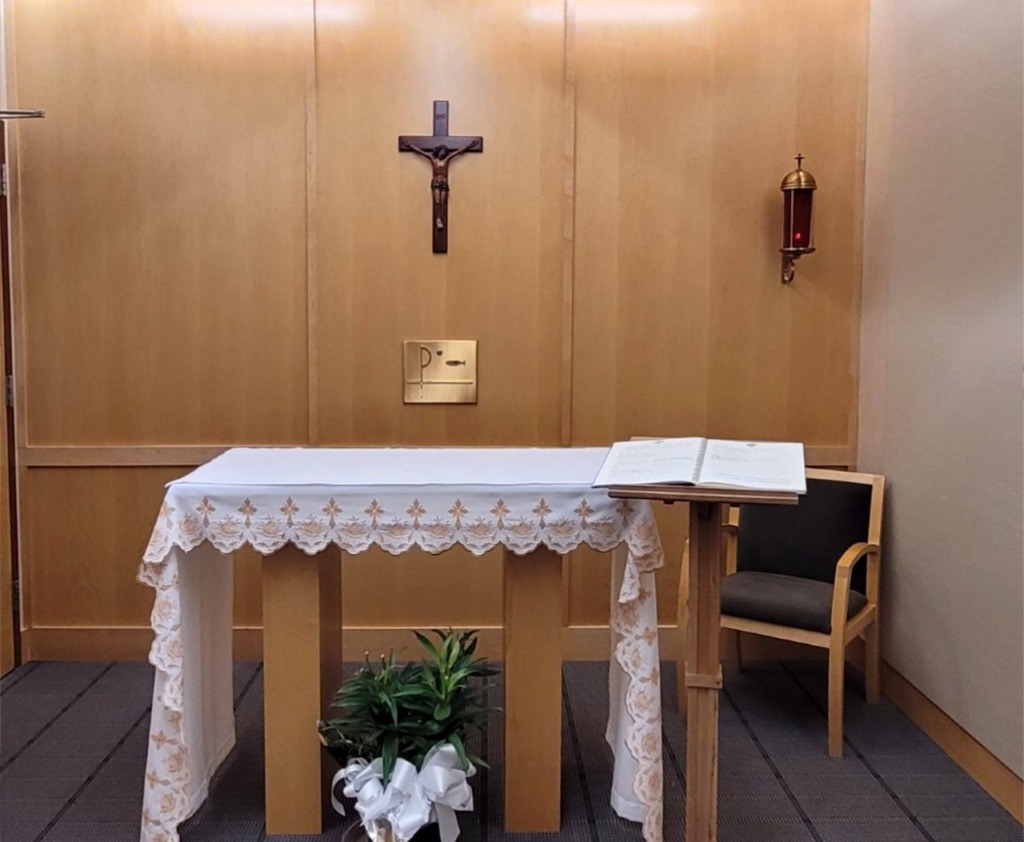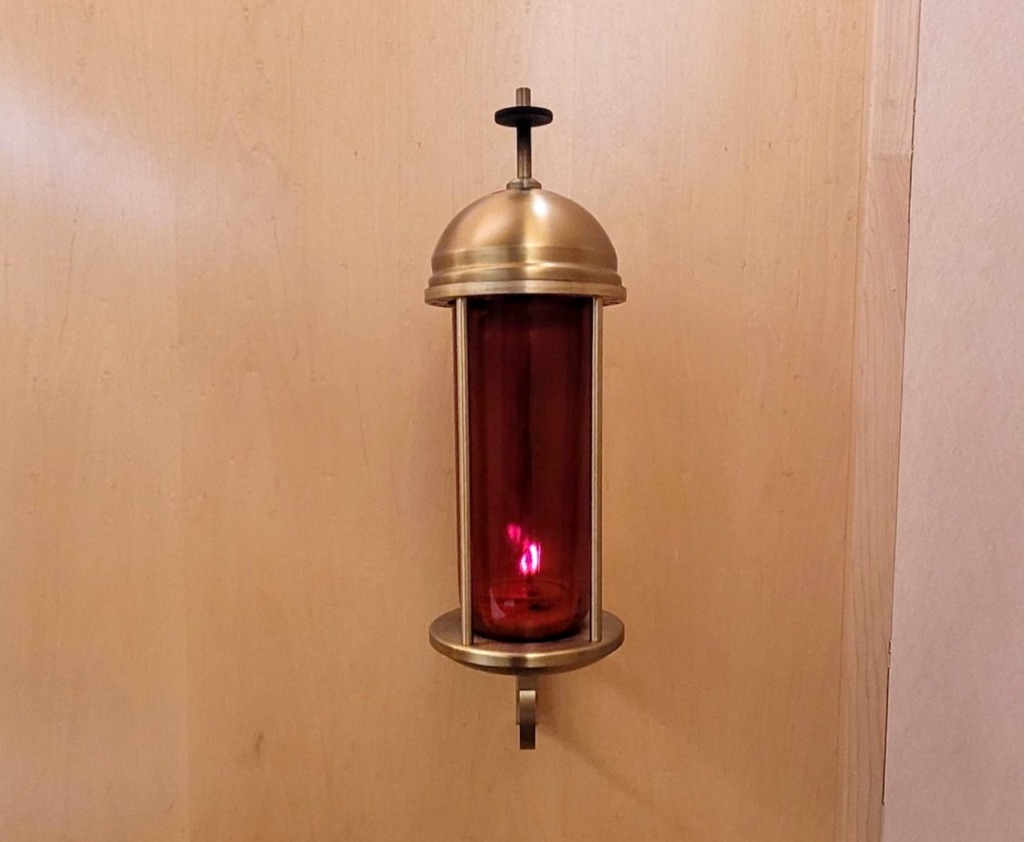(OSV News) – A Catholic hospital in Oklahoma said the federal government has backed off after presenting it with a choice to either extinguish a candle in its chapel’s sanctuary or risk its ability to treat patients covered by Medicare, Medicaid or the Children’s Health Insurance Program, which would have jeopardized its ability to operate at all.
The hospital was represented by a religious liberty law firm that says the government violated the First Amendment.
Lori Windham, vice president and senior counsel at Becket, wrote on Twitter May 5 that the government “has seen the light and has abandoned its attempt to force an Oklahoma hospital to blow out a small candle or stop serving elderly, disabled, and low-income patients.”
The Department of Health and Human Services, Windham said, “has told Saint Francis that it can keep its living flame – a sacred candle housed in the hospital chapel.”

St. Francis Hospital South, which is part of St. Francis Health System, the 12th largest hospital system in the nation, has a sacred candle lit inside its hospital chapel at all times, in accordance with Catholic teaching that a lit candle is a symbol that Christ is present.
The hospital said it follows every pertinent fire regulation, and the sanctuary flame is enclosed, away from any medical equipment and regularly passes annual reviews by the local fire marshal.
But the hospital said that following a February inspection on behalf of the Centers for Medicare and Medicaid Services (CMS), a federal agency under HHS, a surveyor said the flame was not in compliance with CMS regulations.
In response, Becket, a Washington-based religious liberty law firm, sent a letter May 2 to HHS officials said that despite “many sprinkler heads surrounding the candle, good exhaust, the flame’s double glass encasing, the bronze top enclosing the flame, despite its mounting to a wall over six feet high, and despite the surveyor’s knowledge of the fire marshal’s long-standing approval of the eternal flame, the sanctuary lamp did not meet with the surveyor’s favor.”
Failure to extinguish the flame could jeopardize the hospital’s accreditation, and thus its ability to serve elderly, disabled and low-income patients who rely on Medicare, Medicaid and CHIP, the letter said.
“You have threatened to deny accreditation because Saint Francis keeps a candle – an eternal flame – in its hospital sanctuary,” the letter said, adding, “If we go to court, you will lose.”
Barry Steichen, St. Francis’ executive vice president and chief operating officer, said in a statement that “over 60 years ago, Saint Francis was founded by William K. and Natalie Warren as an act of gratitude and service to God and to the people of Oklahoma.”
“The cornerstone of Saint Francis is love for God and man,” Steichen said. “To this day, the Saint Francis torch insignia indicates a space of hope: a place where the medical and spiritual stand as one.”
Steichen, whose statement was issued before Becket said the government had backed off its demand, said the hospital was “being asked to choose between serving those in need and worshiping God in the chapel, but they go hand in hand.”
“To share a quotation of Saint Francis Xavier that is familiar to many Saint Francis staff, ‘it is not the actual physical exertion that counts towards one’s progress, nor the nature of the task, but by the spirit of faith with which it is undertaken,’” he said.
“Our work depends upon our faith in the living God, and the sanctuary candle represents this to us,” he added.
Windham in her earlier statement called the government’s demand “absurd and unlawful – it is targeting Saint Francis’s sincere beliefs without any good reason.”
“The government has a simple choice: either stop this attack on Saint Francis’s faith or expect a legal firestorm,” she said.
A spokesperson for CMS did not immediately respond to a request for comment from OSV News.

